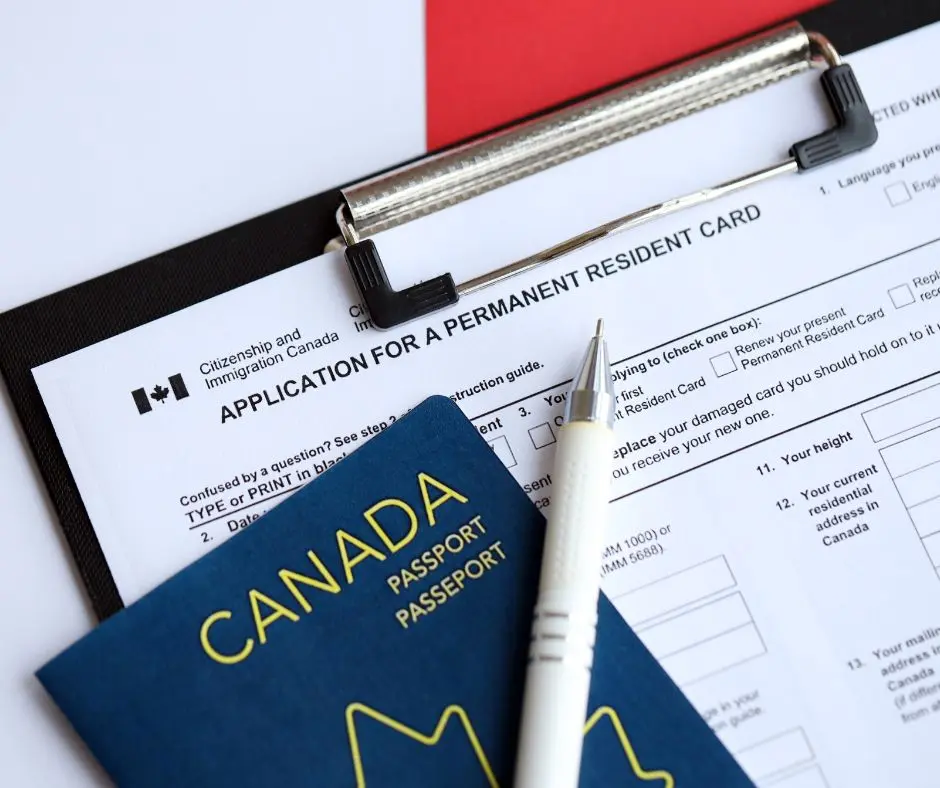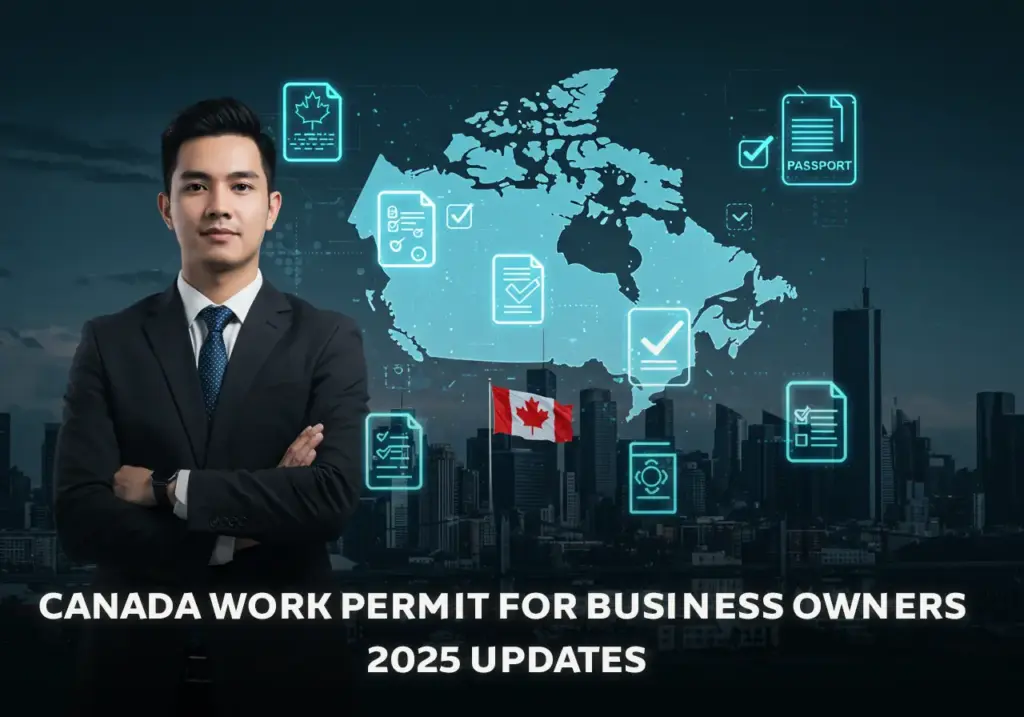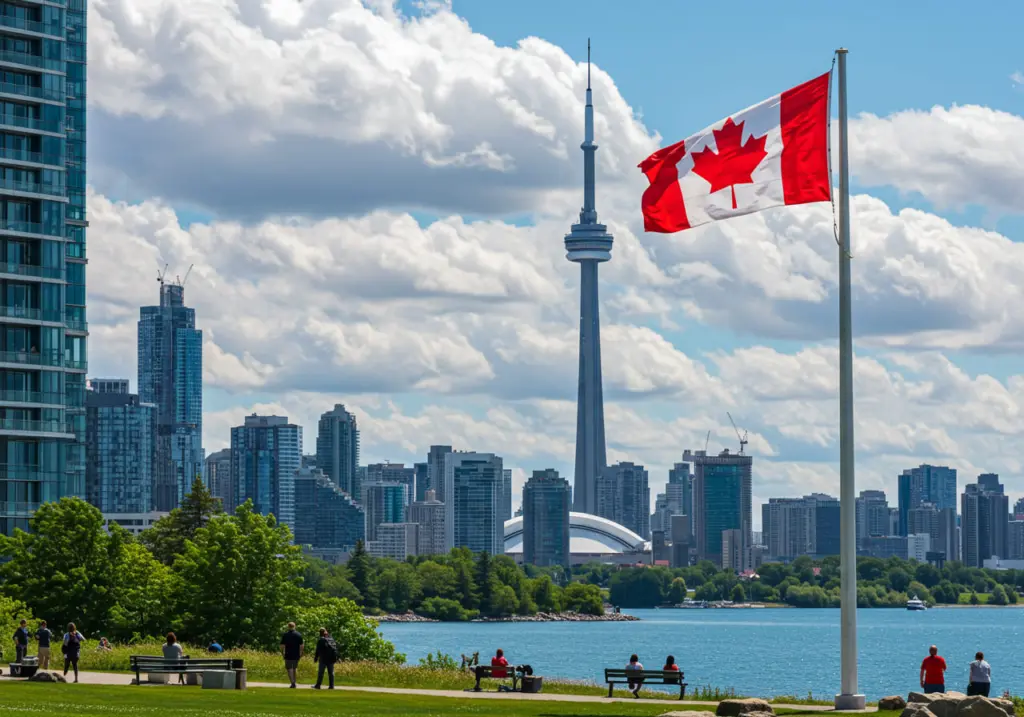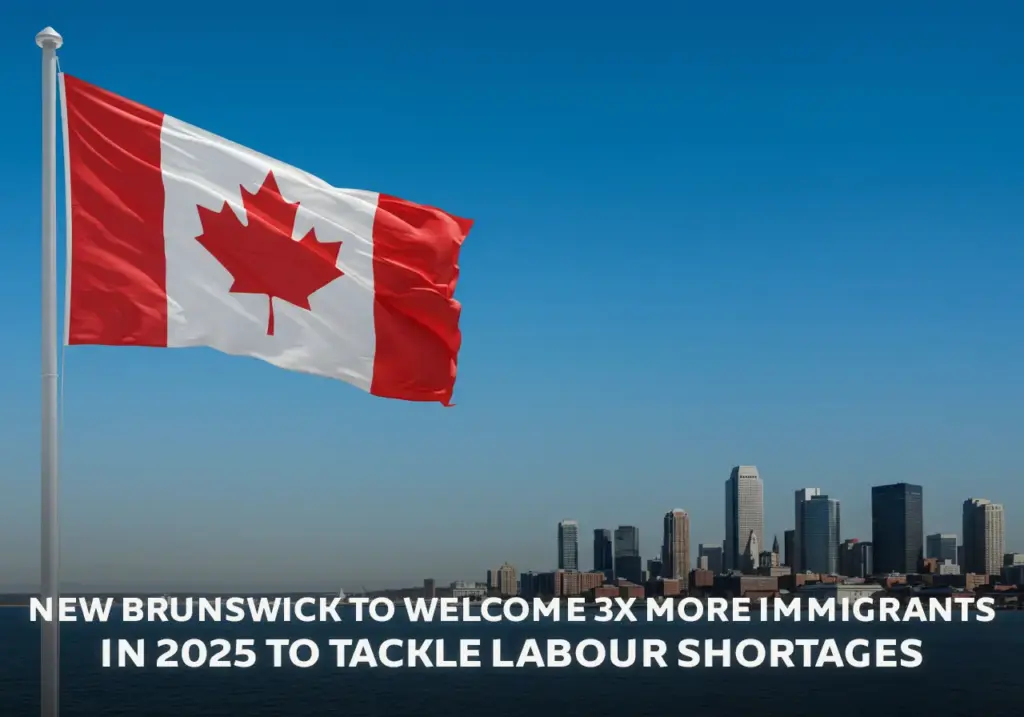Canada May Stop LMIA Points for Permanent Residency
Currently, having an LMIA-backed job offer gives applicants a big boost: 50 points for most jobs and 200 points for management-level positions. This is intended to enhance the applicant’s prospects of landing permanent residency. However, immigration minister Marc Miller clarified that he was thinking of eliminating the LMIA points that were allocated for applicants under the Express Entry system.
He has also, out of his concerns about fraud and misuse of LMIAs, pondered his role in the Canadian immigration process, as if they did so they could reshape how people qualify for PR and reduce abuses in the system.

Why is the LMIA System a Problem?
The LMIA system was created to assist employers in finding foreign workers who meet the requirements they ask for when they can’t find Canadians to fill in these occupations. In theory, it aims to fill in labour shortages in Canada through the employment of international workers.
Also, the LMIA system is projected to be abused, as some dishonest employers and recruiters sell fake LMIAs for applicants in return for a large amount of money to get permanent residency, which they get unfairly.
In an interview, Marc Miller called the LMIA system “a double-edged sword.” He added, “There’s a value to LMIA, but it can’t be $70,000 on the black market or the grey market,” Miller stated. “I’m seriously considering removing it.”
Are you curious about your eligibility to get in Canada? →
Stopping Fraud
One of the main reasons for this removal is to face the fraud issues. Stopping LMIA points from affecting your score will decrease the number of LMIAs issued, which will lead to the disappearance of selling fake job offers.
Also, Minister Marc Miller has clarified that they have to make more efforts to face fraud cases by saying, “We need to do more.” He also admitted that enforcement efforts are challenging due to limited resources and competing priorities. The government believes removing LMIA points could simplify the system and prevent abuse, making it fairer for everyone involved.
This expected change highlights the government’s effort to restore trust in the immigration process and ensure that only real job offers count.
Public Concerns About Immigration
A lot of Canadians are concerned about the population growth in Canada and its ability to cover the needs of immigrants. Canadians now think Canada accepts too many immigrants, which was revealed in a recent Environics poll, reflecting growing concerns over housing and affordability issues.
“When Canadians are saying we need to do a better job with migration, I don’t equate them with being anti-immigrant,” Miller said. “This is a country that is very accepting of others, but there’s a real problem with our capacity to absorb so many newcomers in a short timeframe.”
In response to these concerns, Miller recently announced a 20% reduction in the number of permanent residents Canada will admit and introduced limits on temporary resident numbers. These measures aim at easing pressure on housing and other resources.
Problems with the Asylum System
Canada faces yet another major challenge: the asylum claim case backlog that now stands at 250,000. This jacks up the resources and delays necessary for the processing of real refugees, who may have to wait many years for a decision.
Miller attacked the inefficiencies in the current asylum system. He indicated that long-term residents who fail to renew their permits are treated the same as new asylum seekers, which complicates the process.
“There are many other measures that I will be putting into place to tighten up and limit people’s abilities to abuse the asylum system,” Miller said. He hinted that diverting certain cases could help prioritize legitimate refugees in the backlog.
Concerns About Border Crossings
Canada may also see a return of irregular migration along its southern border if Donald Trump returns to the U.S. presidency. In the last term, thousands of asylum seekers crossed into Canada through unofficial border crossings such as Roxham Road in Quebec. These routes were used by migrants to get around the Safe Third Country Agreement between Canada and the United States, which requires asylum seekers to make their claims in the first safe country they enter.
Miller added that the government would not want to see this happening again and underscored how Canada needs stronger border controls and more cooperation with the U.S. He refused to say if Canada could pull out of the agreement but underlined respect for international commitments.
What’s Next? Balancing Integrity and Fairness
Removing the LMIA points is one in a line of changes that aims to make Canada’s immigration system fair and transparent. This change would terminate fraud, protect vulnerable workers, and make sure PR is given on the basis of merit, not through financial manipulation.
Beyond LMIAs, Canada is addressing a range of other challenges: reducing the asylum backlog, capping immigration levels in a bid to allay public concerns, and preparing for potential increases in irregular migration. Taken together, these changes can work toward a better immigration system for both newcomers and Canadians.
Why is Canada reconsidering LMIA points?
LMIA points are frequently abused and sold in sham job offers to hike Express Entry scores. The removal of these points would avoid fraud and the exploitation of workers.
What about asylum claims?
Miller will streamline genuine asylum cases to the front of the queue in the backlog and attempt to cut abuse by deflecting cases that are not eligible.
What will Canada do about irregular migration?
The government is taking stronger measures at the border with assistance from the U.S. to avoid the influx seen in previous years.
Will immigration levels decrease?
Yes, Miller announced a 20% cut to permanent resident admissions and caps on temporary residents to alleviate pressures on housing and resources.
What is the Safe Third Country Agreement?
This agreement calls on asylum seekers to apply for refugee status in the first safe country they enter. While there are no plans to withdraw from it, Canada continues to uphold its international commitments.
Canada’s immigration system is undergoing major changes. From tackling LMIA fraud to addressing public concerns about immigration levels, these reforms aim to ensure fairness, reduce abuse, and improve how newcomers are welcomed into the country.











